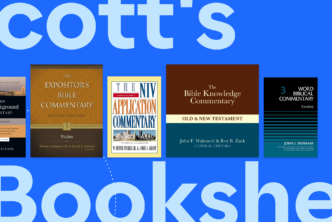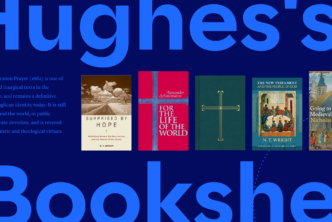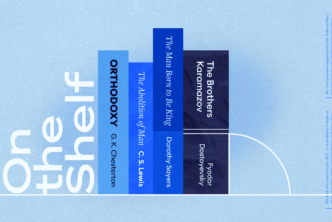I have a friend who began college as a religion major because he didn’t know what else to do, but who is now pursuing a PhD in English. He wasn’t much of a reader in high school, kind of a slacker, really—until one day in a freshman Old Testament class he sat transfixed as his professor performed a literary analysis of a biblical text. It was an epiphanic moment: “That’s what I want to do,” he told himself. He had found his true calling, and he now applies his literary skills to everything from the Bible to Kurt Vonnegut. There are massive differences between those two anthologies of literature, of course, but an important similarity: both are in fact literature. Both use literary devices; people can hardly write without them, whether they’re divinely inspired or not.
Leland Ryken’s book Words of Delight: A Literary Introduction to the Bible contains foundational words of wisdom for anyone who wants to study Scripture faithfully and carefully using the insights of literary study.
Ryken starts, however, with a complaint:
Traditional biblical scholarship has combined theological and historical approaches. It has been preoccupied with questions of authorship and origin. It has tended to break a biblical text into fragments and has been alarmingly indifferent to preserving the unity of passages. Theological approaches have been preoccupied with reducing the Bible to abstractions and propositions. Historians have been preoccupied with questions of the accuracy of the Bible’s references to events. (20)
Ryken doesn’t deny that questions of theology and history are important when it comes to Bible study, but he proposes that they have tended to obscure a “literary” approach to Bible interpretation, one which recognizes the meaning embedded in literary forms.
A literary approach to the Bible….is concerned not only with what is said but also with how something is expressed. In fact, a literary approach refuses to separate meaning from form (broadly defined). After all, everything that is communicated in a piece of writing is communicated through the form in which it is embodied. (20)
Ryken comes at the study of the Bible from his own field of literature. He is a sensitive reader who discerns literary devices such as metaphor, metonymy, understatement, and zeugma. There is no substitute for reading Ryken’s book, but this very day in your Bible reading you can use the wisdom in this paragraph:
Literature has its own forms and techniques, and its own way of expressing truth. Stories, for example, tell us about life through setting, character, and action. We cannot get the message of a story without first interacting with the settings, characters, and events that make up a story. Poems communicate their meaning through images and figures of speech. As a result, it is impossible to determine the meaning of a poem without analyzing figurative language. A literary approach is thus characterized by a focus on the form and characteristics of a passage as the key to what it says. (20–21)

***
If literary analysis is not in your toolbelt, or if you need strategies and examples to help you teach it to others, then I encourage you to buy and read Words of Delight: A Literary Introduction to the Bible.




